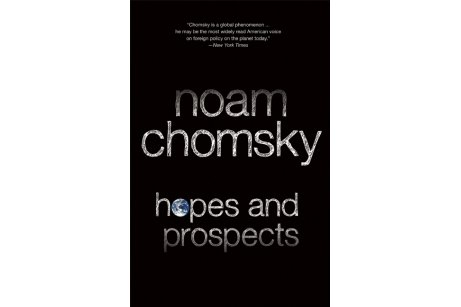The high corridors of the nation are abuzz with talk about how much food should be given to the country’s poor as a right. Should it be 25 kg of rice or 35 kg of wheat a month per person at highly subsidized rates?
Then they worry who should get this right to food. All who are poor, the very (…)

